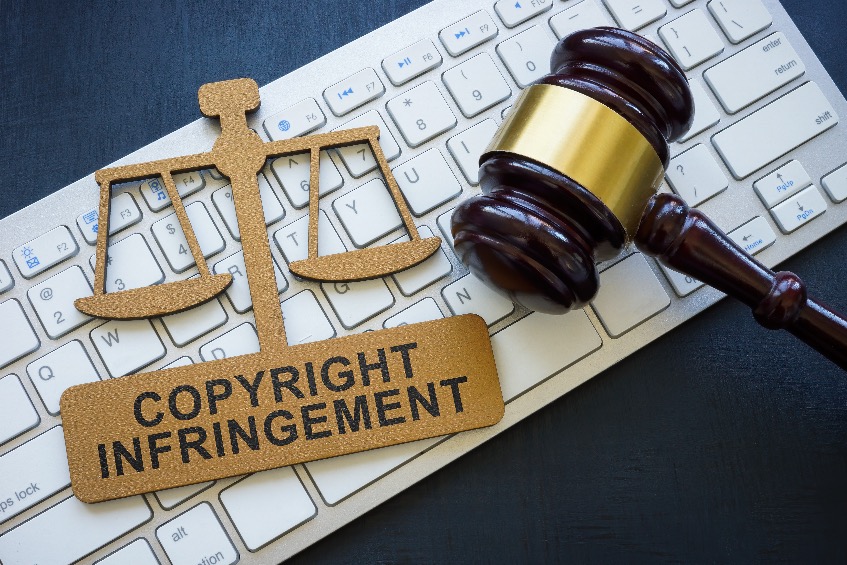What is a Copyright?
A copyright is a type of intellectual property that protects original works of authorship. Various works can be copyrighted, including movies, paintings, books, computer programs, and musical compositions. Copyrighted works must be original and fixed. An original work is created independently without copying another person’s work. A fixed work is captured in a tangible form, such as in writing or in a sound recording.
Who Can Own a Copyright?
Once an original work is created, its creator automatically becomes the copyright owner. However, to enforce the exclusive rights of a copyright in a lawsuit, it must be registered with the U.S. Copyright Office.
What Rights Do Copyright Owners Have?
Copyright owners have several exclusive rights to their original works, including:
- Reproducing the work
- Preparing derivative works (works that are based on the original copyrighted work)
- Selling, renting, leasing, or lending the work
- Publicly performing and displaying the work
- Authorizing others to exercise these exclusive rights
What Is Copyright Infringement?
Copyright infringement occurs when an individual exercises the exclusive rights of a copyright owner without their authorization. Examples of copyright infringement include recording a movie in a theater, downloading songs or movies without paying for them, and posting copyrighted images on a website without permission from the copyright owner.
What Are the Consequences of Copyright Infringement?
- A copyright owner may seek an injunction that can prevent or stop the infringement.
- A federal court may order the infringing products to be impounded (taken into legal custody) or destroyed.
- An infringing party may have to pay the copyright owner actual monetary damages and lost profits that resulted from the infringement.
- An infringing party may have to pay statutory damages (determined by the legal statute) ranging from $200 to $150,000 per work infringed. “Innocent infringers” who were unaware of the copyright may have to pay a lower amount of statutory damages whereas willful infringers may be subject to paying higher statutory damages.
- An infringing party may be subject to criminal penalties. If a party willfully infringed on a copyright for commercial purposes by reproducing or distributing copyrighted material worth more than $1,000 in a 180-day period, they may face imprisonment for up to five years and up to $250,000 in fines if found guilty.
- In certain cases, a court may order an infringing party to pay the copyright owner’s attorney’s fees.








